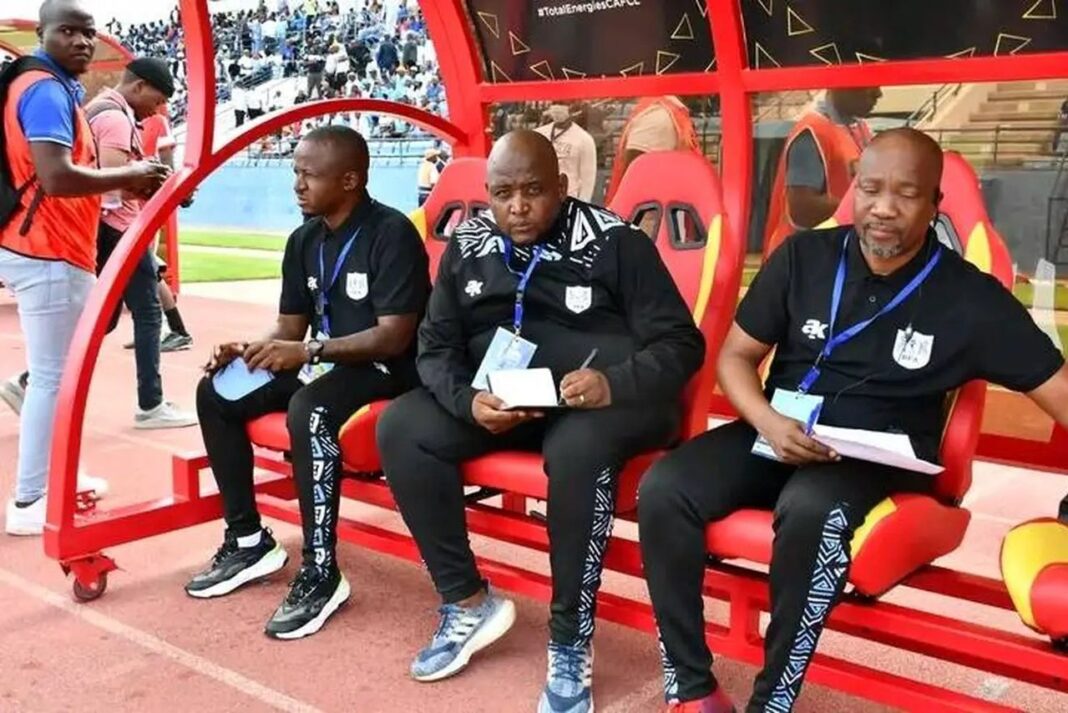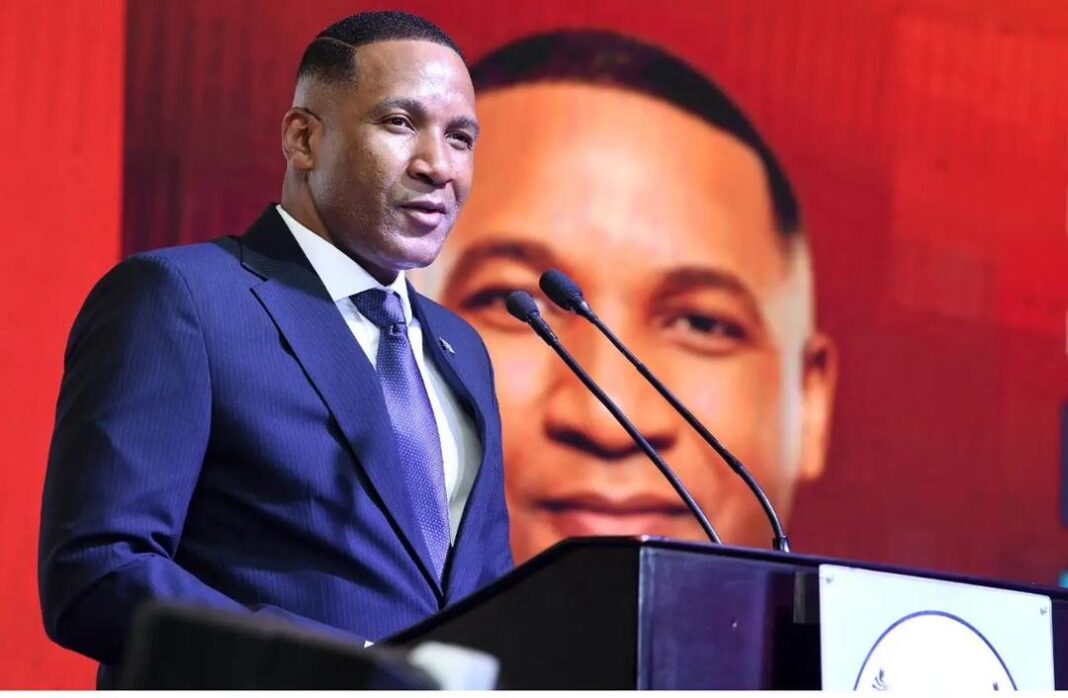Abstract
Despite Africa’s vast natural wealth, strategic geographical positioning, and a growing youthful population, the continent remains trapped in a paradox of underdevelopment. The fundamental cause of this stagnation is governance. Poor governance in Africa manifests through corruption, weak institutions, policy inconsistencies, and elite-driven politics that prioritise personal gain over national progress. This paper critically examines governance as the primary obstacle to Africa’s development, using the Democratic Republic of Congo (DRC), South Africa, and Zimbabwe as case studies. It explores the illusion that young Africans can afford political apathy when governance directly determines their economic opportunities, social mobility, and overall quality of life. By dissecting governance failures, this article argues that political disengagement is not a luxury young Africans can afford. Instead, there is an urgent need for the youth to take an active role in shaping governance structures that can lead Africa toward sustainable development.
1. Introduction
The notion that young Africans can remain apolitical is a dangerous misconception. Governance determines access to education, healthcare, employment, infrastructure, and even basic freedoms. The difference between a thriving economy and a failed state often boils down to governance. Africa’s economic potential remains largely unrealised due to weak political institutions that mismanage resources, enforce poor policies, and fail to create a stable environment for industrial and social progress. The Democratic Republic of Congo (DRC), South Africa, and Zimbabwe serve as prime examples of how governance failures perpetuate economic instability despite favourable natural and geopolitical conditions.
2. Governance as the Cornerstone of Development
Good governance is characterised by accountability, transparency, efficiency, and citizen participation. When these principles are absent, the consequences include economic mismanagement, political instability, and declining public trust. The African continent has the resources to be a global powerhouse, yet poor governance has continuously derailed its progress.
2.1 The Resource Curse: The Case of the Democratic Republic of Congo
The DRC is home to an estimated $24 trillion worth of natural resources, including cobalt, diamonds, and gold. However, it remains one of the poorest nations in the world, with a GDP per capita of around $600. The paradox of poverty amid abundance is primarily a governance issue. The state is plagued by:
Weak institutions that fail to regulate resource extraction, leading to illegal mining and smuggling.
Elite capture, where political leaders and foreign corporations exploit resources at the expense of national development.
Chronic conflict fueled by governance vacuums which allows warlords and armed groups to control mineral-rich regions.
The DRC exemplifies how governance failures translate into economic stagnation, social unrest, and perpetual underdevelopment. The illusion that young Congolese can remain indifferent to politics is shattered by the fact that their daily survival depends on governance outcomes.
2.2 South Africa: The Decline of an Economic Powerhouse
South Africa, once Africa’s most industrialised economy, is facing a governance crisis marked by corruption, policy uncertainty, and declining state capacity. The ruling African National Congress (ANC) has been marred by:
State capture: The systematic looting of state resources by political elites, as seen in the infamous Gupta scandal.
Policy inconsistency: Frequent shifts in economic policy, particularly on land reform and nationalisation, have deterred investment.
Service delivery failures: Load shedding, high unemployment (over 30%), and failing infrastructure highlight governance inefficiencies.
Despite its industrial potential and strategic position in global trade, South Africa’s governance failures have led to declining investor confidence, widening inequality, and rising social unrest. Youth unemployment is at crisis levels, yet political disengagement remains high. The reality is that governance decisions directly impact young South Africans’ future, making political participation not just a right but a necessity.
2.3 Zimbabwe: The Cost of Political Apathy
Zimbabwe presents a stark example of governance collapse. Once the breadbasket of Africa, it has faced economic ruin due to:
Hyperinflation: Peaking at 89.7 sextillion per cent in 2008, driven by reckless monetary policies and corruption.
Authoritarian governance: Suppression of political opposition, media censorship, and electoral fraud have entrenched a single-party rule.
Resource mismanagement: Diamond revenues worth billions disappeared under state control, failing to benefit ordinary citizens.
Zimbabwe’s youth, many of whom are unemployed or have emigrated, cannot afford to be politically indifferent. The governance crisis has directly impacted education, healthcare, and economic opportunities. Without active political engagement, reforms remain unlikely, and the cycle of decline continues.
3. The Myth of Political Neutrality: Why Young Africans Must Engage
The argument that young people can afford to ignore politics is not just flawed but dangerous. Governance affects:
Education: Poor policies lead to underfunded schools and brain drain.
Employment: Corruption and policy failures limit job creation.
Healthcare: Mismanagement results in inadequate medical services.
Security: Governance failures breed crime and instability.
Africa has the youngest population globally, with 70% under 30. If these youths remain disengaged, governance will continue to serve entrenched elites rather than the broader population. Political involvement is not an option—it is a survival strategy.
4. The Path Forward: Redefining Youth Political Engagement
To transform governance, young Africans must:
1. Join Political Movements: Establish or support parties that prioritise good governance over patronage.
2. Leverage Technology: Use social media and digital platforms to expose corruption and mobilise activism.
3. Demand Institutional Reforms: Push for electoral transparency, independent judiciary systems, and accountable leadership.
4. Participate in Policy Development: Engage in think tanks and civil society to influence legislative decisions.
5. Economic Empowerment through Governance: Advocate for policies that promote entrepreneurship, industrialisation, and equitable resource distribution.
5. Conclusion
Governance is Africa’s biggest challenge, and young people cannot afford to be indifferent. The illusion that they can opt out of politics is shattered by the reality that governance dictates their quality of life. The cases of the DRC, South Africa, and Zimbabwe illustrate that misgovernance perpetuates economic stagnation and social instability. To secure a prosperous future, African youth must take an active role in shaping governance structures that prioritise development, accountability, and regional integration. Political neutrality is not a luxury—it is a risk Africa can no longer afford.



